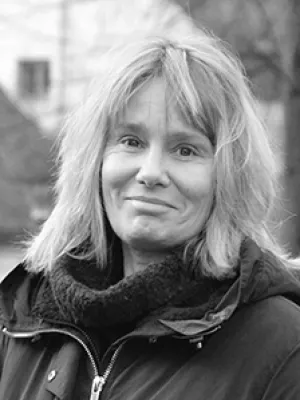Bygden, bruket och samhället : Om människor och organisationer i brukssamhället Böksholm 1900-1979
Community, Mill and Society : People and Organisations in the Rural Industrial Community Böksholm, 1900-1979
Author
Summary, in English
The aim of this dissertation is to study some of the forces behind the transformation of the 20th century industrialised countryside. The emphasis is on changes in everyday life for women and men, and the role of organisations therein. Two main questions are outlined: Which forces were central to the development of the industrial society?, and, how did the relationship between individual and society develop and change within industrial society? These two questions are inextricably linked: social change takes place in interplay with the transformation of human relations and different patterns of social life. As a starting point, economic, historical and sociological research on the organisation of the industrial society is discussed, on both macro and micro levels. Drawing on those discussions, and by using documentary sources and interviews, the empirical parts analyse a rural industrial community, Böksholm, and the relationship between its dominant social movements, i.e. the temperance and labour movements, and the management of the pulp factory, Böksholms sulfitfabrik AB. The study covers the period between 1900 and 1979. The changing relationship between those actors and organisations are studied by following the interplay between, on the one hand, the local chapters of organisations and their national offices, and, on the other hand, socio-economic and technical change, where local organisations are seen as an important link between local social practices and ideas/ideologies connected to national levels. Between 1900 and 1979, Böksholm was transformed from an isolated community with patriarchal social relations and a strong gender based division of labour into a modern welfare society. However, this profound transformation was coupled to a certain continuity. Changes in everyday life did not follow a linear and frictionless model. Instead, social change seems to be the result of the interconnected activities of many organisations and individuals. These actors and organisations acted in varied conditions and circumstances. The analysis provided is therefore one in which processes of societal change and modernisation are shown as complex and full of paradoxes.



